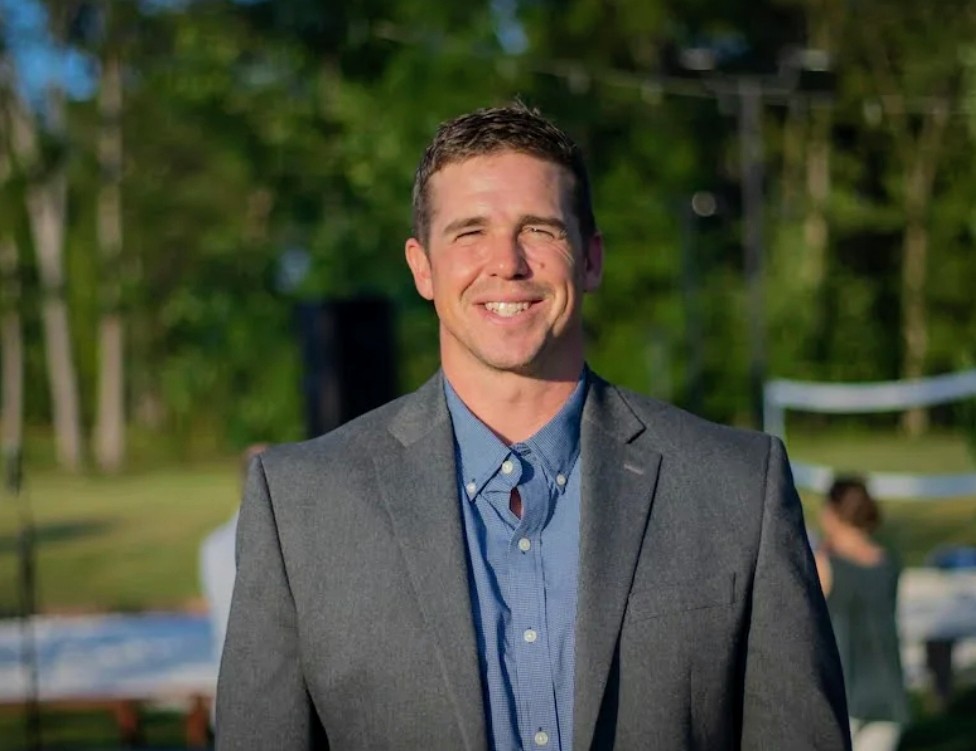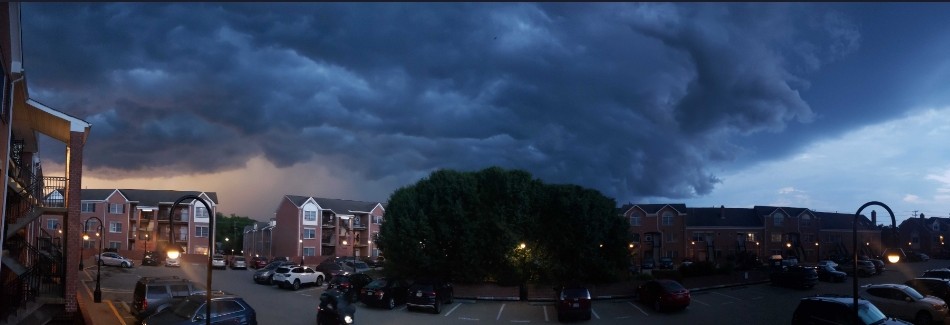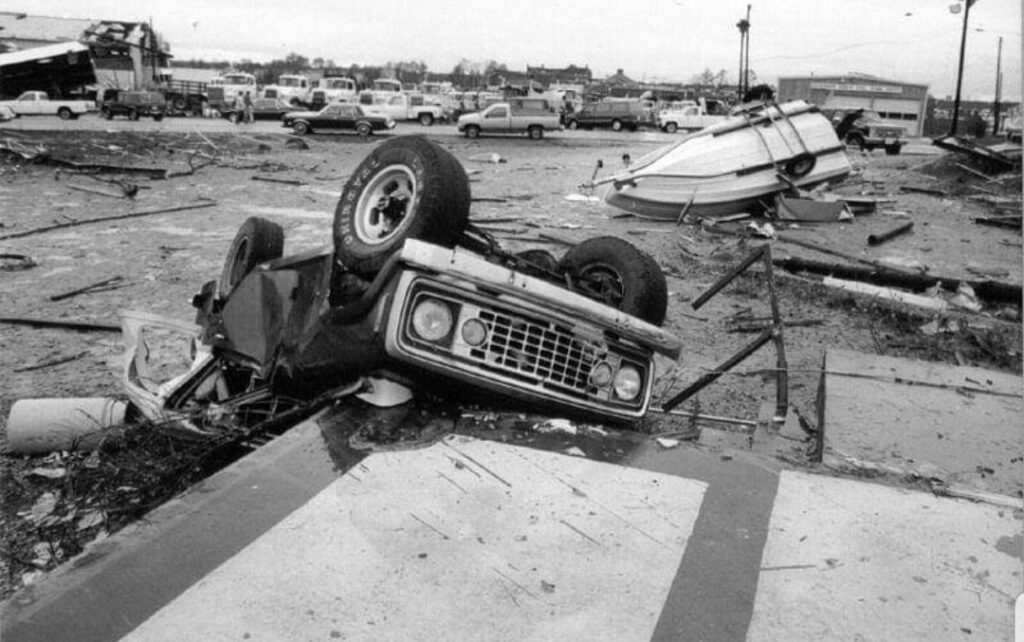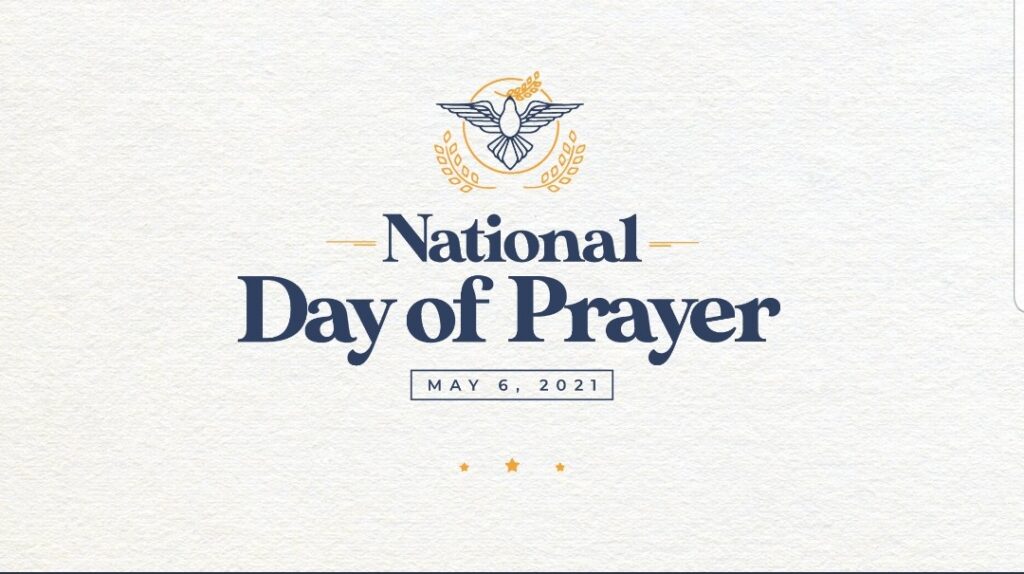
Prickly issues seem to be everywhere. I’ll take up a prickly one now, not with a desire to determine winners or losers, but with a desire to foster understanding at a moment when understanding seems to have fallen on hard times.
Beginning in 1776, the Hyde Amendment and measures like it have prevented the federal government from forcing pro-life American citizens – via their tax dollars – to fund the abortion industry. This has allowed for the conscientious objections of millions of people to what they believe is a tragic national holocaust in our own generation. Now this nearly half-century-old bipartisan consensus is under significant scrutiny, and that is – in my humble opinion – a crying shame.
I’ll share a little history in case you’re unfamiliar with its origins, but the Hyde Amendment – which was named after the late Congressman Henry Hyde from Chicago’s northwest suburbs – was passed three years after the Supreme Court legalized abortion in Roe v. Wade. The amendment is affirmed each year by Congress as a rider to the Health and Human Services (HHS) appropriations bill because it prohibits federal funding of abortions. The rider has been worded differently over the years, but the current version includes exceptions that allow for Medicaid funds to be used for abortions in cases of rape, incest, or the health of the mother – but all other federal taxpayer funding of abortion is banned by Hyde.
The United States Supreme Court rendered the Hyde Amendment constitutional in 1980. As part of the annual appropriations process, Hyde has passed routinely, and was rarely challenged prior to the 2016 presidential campaign cycle. In fact the Hyde Amendment has stood under six presidencies – three Democrat and three Republican. Bill Clinton campaigned against the Hyde Amendment in 1992, but President Clinton continued to sign a version of it into law each year of his two terms in office. And it was President Barack Obama who enshrined Hyde via an executive order pertaining to his Affordable Care Act.
So, at least in my view, the Hyde Amendment stands as a unique compromise in American politics. There may be no greater political divide in America right now than the divide over abortion. Those who see abortion as a life issue are horrified at the thought of being compelled to fund what they believe is murder. And, at least until now, most people who see abortion as a right have recognized the need to protect the conscience of their neighbors with whom they fundamentally disagree.
If the Hyde Amendment is repealed, all Americans will become financially complicit in ending the lives of the unborn. That’s why this moment really matters, friends! In order to maintain freedom of conscience, as well as to protect the 60,000 babies who are born each year because of the amendment (that number is backed up from the data between the Roe decision and the determination of Hyde’s constitutionality), Hyde must stay intact and in place.
Freedom is central not just to who we are as Americans, but to human dignity itself. Henry Hyde once said: “This is a debate about our understanding of human dignity, what it means to be a member of the human family, even though tiny, powerless, and unwanted.” So it’s easy to see how unchecked emotions on both sides of the issue can have people talking over each other, despising each other, and mistakenly characterizing the intentions of those on the other side. We must be honest about the fact that both sides think they’re protecting freedom.
Within that messy cultural soup, some of us are striving to keep the light on for religious freedom! The struggle for religious liberty across the centuries has been long and arduous, but it is grounded in the character of God. The earliest Christ followers appealed to the Incarnation itself: “Did God send Christ, as some suppose, as a tyrant brandishing fear and terror? Not so, but in gentleness and meekness … for compulsion is no attribute of God” (Epistle to Diognetus 7.3-4). However imperfectly applied, our nation’s Founders sought to enshrine these principles of inherent human personhood and dignity, stemming from the image of God, into our earliest national documents. Christians must take seriously the Bible’s admonition to obey those in authority, but all citizens must remember that the purpose of law is to preserve order, serve justice, and promote the common good. In this present hour, methinks we all have some serious soul-searching to do.
It’s time for us to study the tenacity of Peter and John when they were ordered to stop preaching. It’s time for us to study Dr. Martin Luther King, Jr., and his Letter from a Birmingham Jail. Drawing upon Augustine and Aquinas, Dr. King made it clear that just laws elevate human beings because they are rooted in the moral law of God Himself. Personally, I am drawn to that term “elevate,” because I think that it might be useful here and now for bringing warring factions to the same table. Elevate …
Can we look beyond sheer human opinion or obstinance to a higher and grander motivation to do the right thing? Can we honor Caesar appropriately, without ever giving to Caesar what is due only to God? And can we dust off our copy of that old “golden rule,” and treat the folks around us with the kindness and respect that we would like also to receive?
Only by God’s grace, we can.
Pastor Charles













Recent Comments